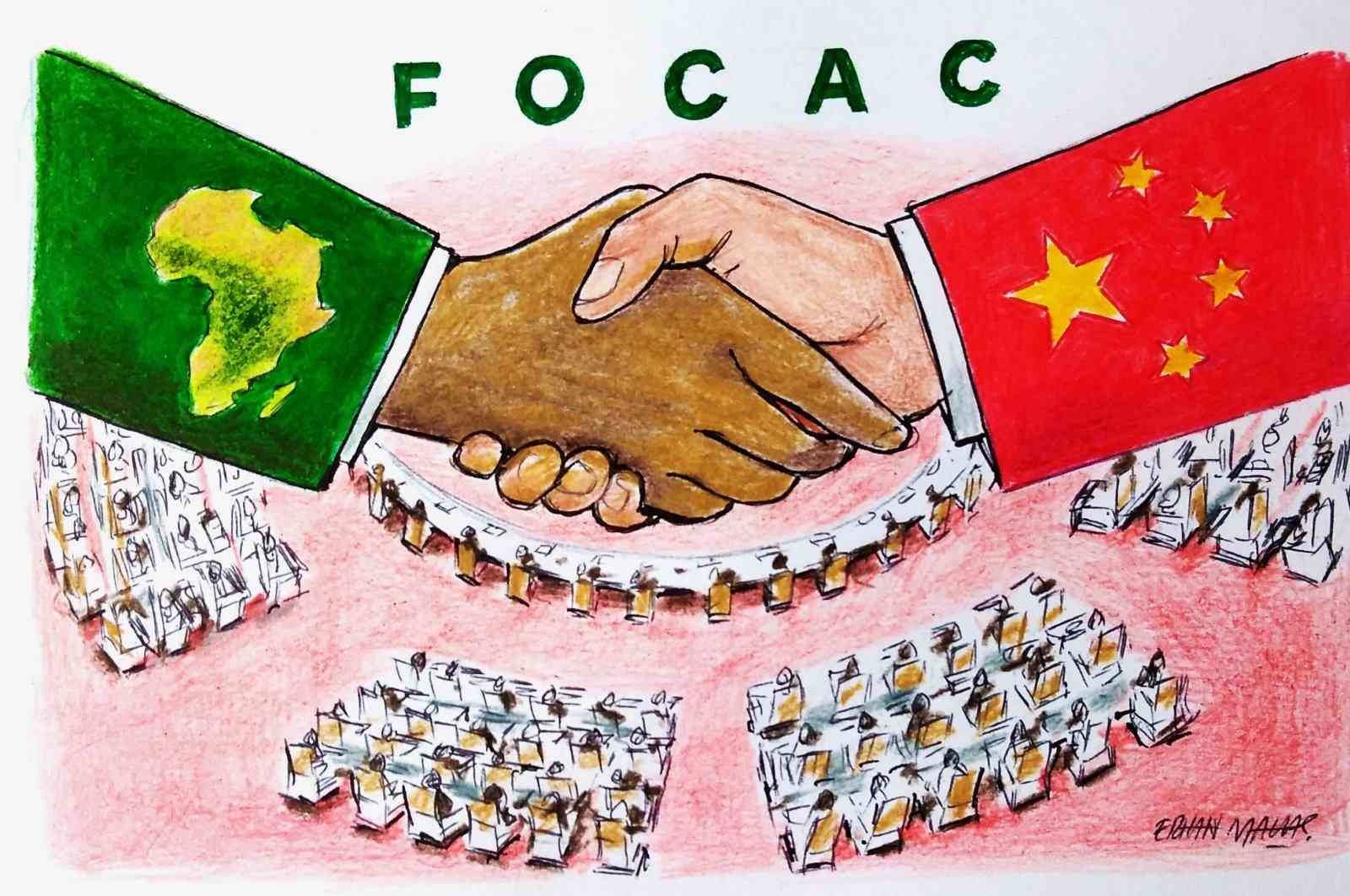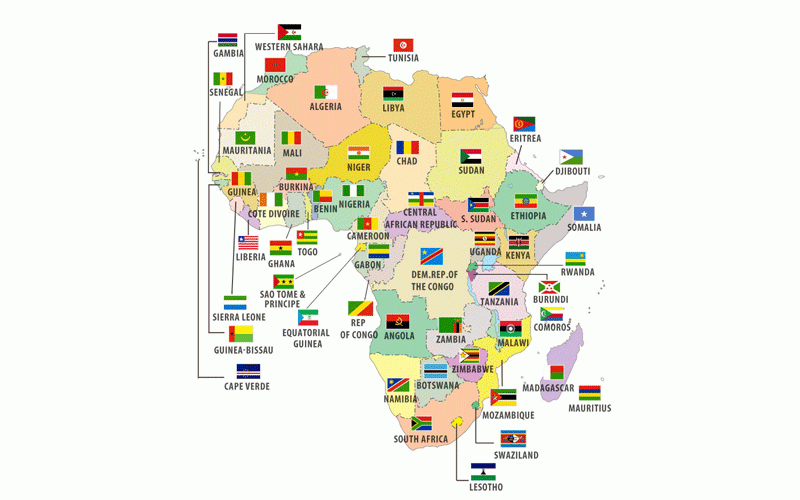
IN Zimbabwe, technical and vocational education, and training (TVET), along with university, are an essential part of post-school education.
TVET institutions mainly focus on providing practical skills, which are directly applicable in the workplace, with a clear emphasis on equipping students for specific trades and occupations.
Examples of studies undertaken at TVET institutions include metal fabrication, motor mechanics, brick and block laying, vehicle electrics and electronics, carpentry and joinery, clothing and textile technology, cosmetology, tourism and hospitality, software development, graphic designing, agriculture, etc.
In some countries TVET education is also linked to apprenticeships, through the linking of TVET students to various industries (companies) for on-the-job training and further assessment.
Through equipping students with practical skills, TVET institutions provide a pipeline of talent for various sectors of Zimbabwe’s economy. Businesses operating in agriculture, mining, tourism and hospitality, manufacturing and other services, may struggle to expand their operations if there is a shortage of employees with technical skills provided by TVET institutions.
That also means that a lack of TVET graduates in the country can negatively impact the performance of the economy. Universities, on the other hand, are more focused on intellectually equipping their students so that they can have refined critical thinking abilities.
Unlike TVETs, universities are marked by a more in-depth academic focus, characterised by critical thinking, research, analysis and the networking of scholars for the advancement of their knowledge.
A capable economy, therefore, should have a sufficient pipeline of both TVET and university graduates, who serve to compliment each other as they create value within the economy.
Zimbabwe has more than 60 vocational training centres, which offer either short courses (spread over six months), or longer programmes (of up to three years), depending on the students’ preferences.
The local TVET institutions include polytechnic colleges in Harare, Bulawayo, Gweru and Masvingo, the Zimbabwe College of Music, “Dimbangombe College of Wildlife, Agriculture and Conservation Management”, Chaminuka Vocational Training Centre (VTC), Magamba VTC, Marondera VTC, Lobengula VTC, Bulawayo Project Centre, Mashayamombe Youth Training Centre, Servco Training Centre, etc.
This article aims to discuss some challenges affecting Zimbabwe’s TVET sector and the possible ways to address them.
Existing problems
The contraction of Zimbabwe’s economy since the land reform programme of the year 2 000 has led to relatively lower demand for new skills within the economy.
Although the country has since picked up from the poor economic performance of that period, it is still performing below its ideal potential.
As a result, there remains a risk that some TVET and university graduates may fail to find work or will have to settle for substandard jobs due to the economy's lacklustre performance. Secondly, comprehensive and updated data is not available, pertaining to the actual skills deficit within the country, and how TVETs can be assigned to address it.
In South Africa, for example, employers, who have a payroll of more than R500 000 (US$27 000) per year, provide data each year, on the skills which their companies are in need of that are not presently available in the country or are scarce.
This information, which ends up with the South Africa's Ministry of Higher Education, is then used to compile the nation's list of "skills in high demand".
The same businesses, with wage costs exceeding R500 000 per year, also pay a "skills development levy" to the government.
The South African government uses proceeds from that levy to provide bursaries to students who can study in the fields, which are in high demand. This is so as to ensure the future flow of such skills in the economy.
Also, South African companies, which end up training their workers so that they acquire these critical scarce skills, will also have their training costs partially-refunded by the government from funds drawn from the skills levy, for the reimbursement.
In a similar fashion, Zimbabwe may also need to implement such programmes so that it keeps updated in the type of technical and also university skills, which need more investment within the economy. This will help to better align the country’s TVET institutions and universities, such that they will eventually be able to provide the technical skills which the country's different economic sectors are in desperate need of.
Without such surveys, Zimbabwean TVET institutions may be wasting resources towards the development of graduates who do not match the economy's needs.
Zimbabwe's TVET institutions are also fragmented, as they are made up of different small institutions which operate independently from each other, with little collaboration.
The fragmentation means that, it can be expected for them to have varying standards and competencies, which can also result in TVET graduates, who are not of a consistent standard. The different colleges may have varying policies on how they manage their lecturers, remuneration, hiring of staff, etc. All these differences can be reflected in the varying qualities of training standards and graduates.
The greater danger in this will, therefore, lie in TVET graduates who have gone through substandard training. Those will do poor quality work in the industry when employed.
Most local TVET institutions do not have a direct policy to employ lecturers, who are industry leaders within their fields. This contributes to the production of curricula, which are poor and the inadequate transfer of knowledge from the lecturers to the students.
The root cause of this issue, however, lies in the remuneration which the lecturers are offered and the education system's approach, which seems to desire higher student enrolments instead of high-quality graduates.
If the TVET institutions were to offer higher remuneration for lecturers, they would be able to attract industry leaders from the private sector and, therefore, improve the quality of their graduates. Zimbabwe’s TVET sector also provides several courses, which are behind the latest technological trends, such as robotics, automation, artificial intelligence, etc. This also implies that most of the country’s mid-level technical skills are not capable of producing goods and services at a globally competitive level.
In other words, the production of out-dated TVET graduates will continue to make the country lose to imports from countries, which have more competent skills. In essence, Zimbabwe’s agriculture, tourism, manufacturing, mining, public services, construction, etc, will continue to be less productive than economies with more advanced TVET sectors.
This can be expected to continue until Zimbabwe catches up with 4IR (robotics, automation, artificial intelligence, etc) technologies in its own TVET institutions. Apart from 4IR deficiencies, there is also a weak alignment between Zimbabwe’s TVET system and the country's current realities.
TVET institutions need to place more focus on training students in climate adaptation programmes, environmental management, agricultural extension work, maintenance of law and order, and community health work.
It is essential to emphasize that the demand for skills in the aforementioned fields cannot be identified through surveying companies in the private sector. Rather, these are fields which experts in public affairs would be expected to identify. Some of the aforementioned programmes are already being offered at local TVET institutions but only at a small scale as compared to the country’s needs.
Zimbabwe needs more TVET graduates, who can assist in limiting the worst effects of a drought year, floods, etc. Human settlements have also become filthy due to population growth, littering and negligence. In peripheral and rural areas, both formal and informal miners, sometimes degrade the environment, with no regulatory authorities to keep them compliant with the law.
Deforestation, the low productivity of subsistence farmers and a high burden of illnesses are other national problems. All these challenges will need to be addressed by a pipeline of mid-level technical skills, which would ideally come from TVET institutions.
Strengthening the TVET sector
In order to revive the local TVET institutions, there is a need to place more focus on quality of lecturers, students and equipment instead of quantity. It is preferable for the TVET organisations to enrol fewer students and provide them with the best lecturers, equipment and resources for their studies.
In terms of lecturer recruitment, colleges should ideally hire individuals from the private sector, who have a track record of excellence and high academic ability.
Such employees may be difficult to secure due to their remuneration requirements. However, they can be expected to produce globally-competent graduates, who will assist in supporting the country's international competitiveness in all economic sectors. The government can also commit to assist the TVETs by providing grants for the purchase of the latest equipment and technologies which the institutions can use in their training.
Local TVETS should also be encouraged to consolidate so that they can be able to maintain uniform standards and training for their students. In this case, consolidation should ideally entail the merging of the many different colleges into a few (3 or 4, for example) dominant national TVET institutions.
Consolidation can also result in higher profitability since costs may be reduced whilst profits are maximised. The advertising budget of a consolidated TVET system, for example, would be more effective and probably requires less funding than had it been a budget for fragmented TVET institutions.
New curriculums need to be developed which reflect the demands of the country's economic sectors and other present national realities. A look at the poor performance in the country’s private and public sector, in areas to do with digital transformation, for example, indicates that TVETs need to produce more software developers, cyber security professionals, graphic designers, and other such skills of today's digital landscape.
TVET graduates, who can serve as environmental wardens, for the purpose of limiting littering and other forms of pollution due to human negligence, are also needed. In the peripheral and rural areas, the country needs wardens or TVET graduates, who can manage national afforestation programmes, mine reclamation, monitor illegal mining activities, who can build heat and flood-resilient homes, biogas digesters, and also serve as agricultural extension officers.
The TVETs will also need to have better linkages with the country's productive sectors, such that they become the desired recruitment- source for competent technical skills, in the economy. If the local TVETs can develop a strong reputation as a source of exceptional technical talent, it can be expected that their graduates will be in high demand in both the formal and informal sectors. Regular surveys which reveal the country's skills deficits should also be implemented by government. These can in-turn be used to determine upgrades to TVET curriculums and to make space for new fields of study.
Government policies, which promote economic growth, should be adopted, so that the country's demand for technical skills remains high, due to the robust economic activity. A vibrant economy will always be in need of TVET skills to roll-out government infrastructure projects and the various private sector endeavours.
In a progressive economy, citizens will also have higher disposable incomes, which will drive their demand for the technical skills of plumbers, motor vehicle mechanics, electricians, carpenters, etc.
Co-operation with universities would also be advisable. Through this, local TVET institutions can get to stay ahead of the latest developments in their fields, whilst they also contribute to the discovery of new knowledge, as some of their approaches may result in innovative discoveries.
- Tutani is a political economy analyst. — tutanikevin@gmail.com.










